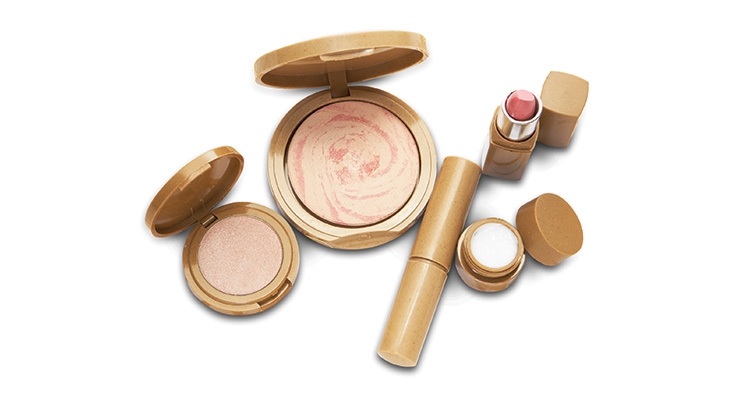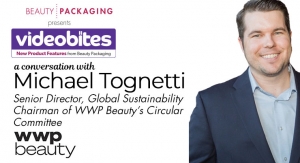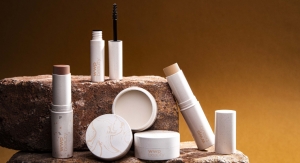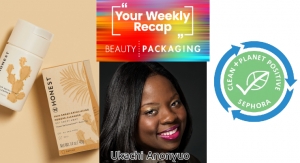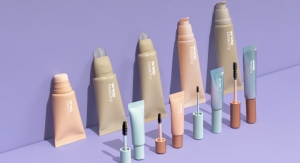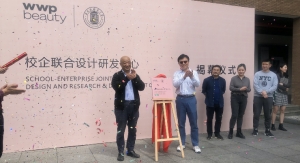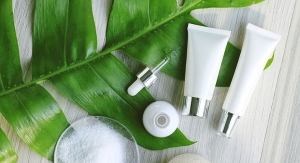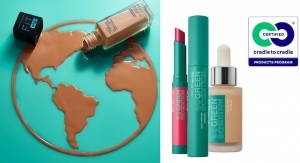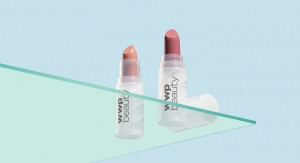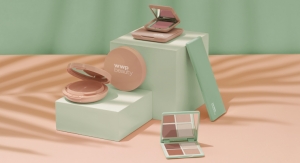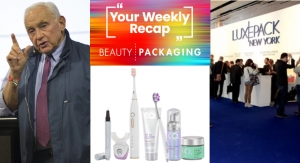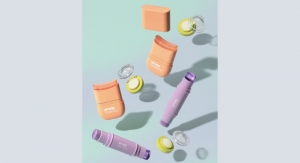Beauty Packaging Staff09.25.19
WWP, a leading provider of cosmetic packaging components, plastic tubes, and full-service turnkey solutions for the beauty and personal care industries, has introduced additional green initiatives to provide more eco-friendly packaging. The enhancements are further improvements to the company’s longstanding eco-conscious policies and efforts.
The company’s latest green initiative is aimed squarely at materials: Effective January 1, 2020, all tubes manufactured at the company’s Suzhou facility will be done utilizing sugarcane bio-resin, an all-natural renewable resource. By converting sugarcane into ethylene, WWP creates a product with the same chemical makeup of fossil fuel-based polyethylene. The result, says WWP, is a package that is not only highly functional but also 100% recyclable and far less harmful to the environment.
“We’re passionate about sustainability, and take our responsibility as stewards of the environment very seriously,” said Barry Freda, CEO at WWP. “The new sugarcane bio-resin initiative will serve to drastically reduce plastic waste in our manufacturing operations. It’s a huge step forward in our perpetual push to be more eco-friendly.”
WWP will continue to support traditional tube structures and also offer a variety of options in recycled materials including PCR PP, RPET, sea-bound plastic and aluminum. Perhaps most noteworthy is the company’s exclusive line of PFP (Plant Fiber Polymer) components, comprised of all-natural and organic farm byproducts. According to WWP, PFP components are plastic-free and contain no fossil fuel-based ingredients and do not impact natural food sources.
WWP also works with clients to lightweight existing packaging, which reduces the amount of raw materials and requires no additional costs or tooling. The benefits of light weighting include lower per-unit cost, lower transportation costs and the potential for reduced box weight.
“Our goal is to help guide customers to more planet-friendly packaging by providing highly attractive options to do so,” said Jim Farley, EVP business development. “Our newest initiatives help round out what has become a comprehensive, company-wide focus on sustainable manufacturing.”
The company’s latest green initiative is aimed squarely at materials: Effective January 1, 2020, all tubes manufactured at the company’s Suzhou facility will be done utilizing sugarcane bio-resin, an all-natural renewable resource. By converting sugarcane into ethylene, WWP creates a product with the same chemical makeup of fossil fuel-based polyethylene. The result, says WWP, is a package that is not only highly functional but also 100% recyclable and far less harmful to the environment.
“We’re passionate about sustainability, and take our responsibility as stewards of the environment very seriously,” said Barry Freda, CEO at WWP. “The new sugarcane bio-resin initiative will serve to drastically reduce plastic waste in our manufacturing operations. It’s a huge step forward in our perpetual push to be more eco-friendly.”
WWP will continue to support traditional tube structures and also offer a variety of options in recycled materials including PCR PP, RPET, sea-bound plastic and aluminum. Perhaps most noteworthy is the company’s exclusive line of PFP (Plant Fiber Polymer) components, comprised of all-natural and organic farm byproducts. According to WWP, PFP components are plastic-free and contain no fossil fuel-based ingredients and do not impact natural food sources.
WWP also works with clients to lightweight existing packaging, which reduces the amount of raw materials and requires no additional costs or tooling. The benefits of light weighting include lower per-unit cost, lower transportation costs and the potential for reduced box weight.
“Our goal is to help guide customers to more planet-friendly packaging by providing highly attractive options to do so,” said Jim Farley, EVP business development. “Our newest initiatives help round out what has become a comprehensive, company-wide focus on sustainable manufacturing.”

